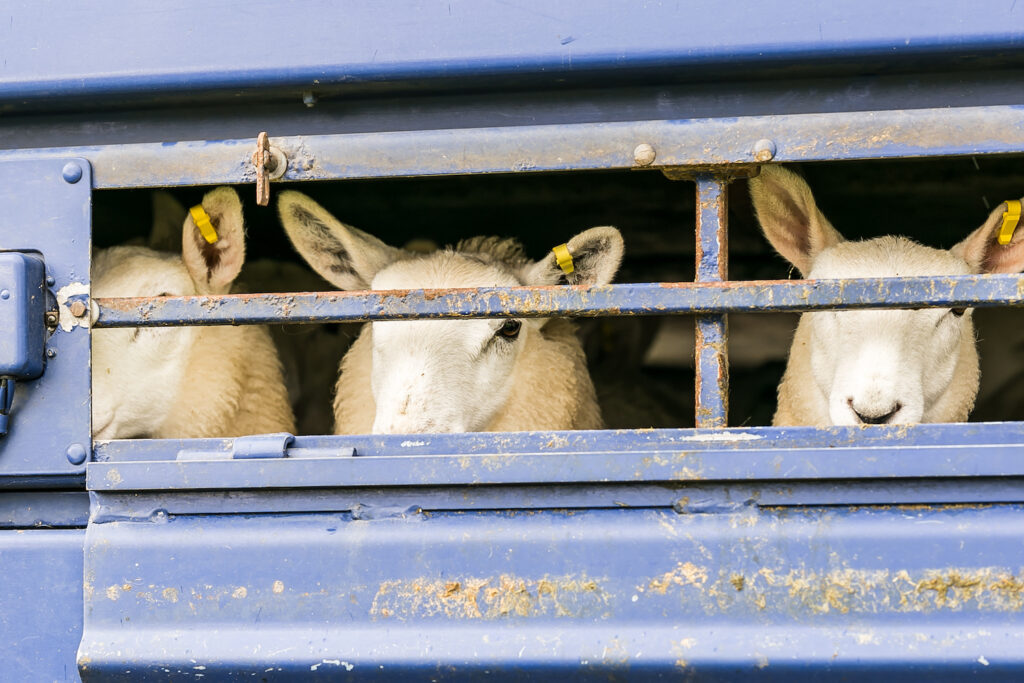NFU raises concerns over live animal export ban
26th February 2021
Efforts to improve animal welfare during transport should focus on clearer guidance and better regulator enforcement, on areas such as loading and unloading vehicles, animals’ fitness to travel and driver training, according to the NFU.
The NFU has responded to the government’s Welfare in Transport consultation, highlighting the impact proposals would have on the livestock and poultry sectors and calling for a shift in priorities to ensure welfare improvements.
Plans to ban the export of live animals for slaughter and fattening have prompted concern from the NFU, which says the proposals – currently under consultation – will have a significant impact on the livestock and poultry sectors, whilst failing to deliver meaningful welfare improvements.
Defra launched an eight-week consultation in December, seeking views on how to better protect animal welfare during transport. Leaving the EU has allowed the UK government to pursue plans to end live animal exports – which would make it the first country in Europe to do so.
The government is also consulting on proposals to improve welfare in transport generally, including reduced maximum journey times, more space and headroom for animals, stricter rules on transporting animals in extreme temperatures and tighter rules for transporting live animals by sea.
Responding to the consultation, NFU said it believes the current regulations for domestic transport are sufficient to deliver high welfare, but that the government and industry needs to place more focus on certified training, providing clearer sector specific guidance and improving regulators’ enforcement of the current rules.
NFU deputy president Stuart Roberts said: “Maintaining high welfare through transport is absolutely crucial and every single farmer wants to ensure their livestock arrive at their destination in good health.
“Transporting livestock and poultry is an integral part of UK food production. The suggested changes to journeys based on duration and weather conditions would cause serious delays and disruption, potentially damaging welfare outcomes, while changes to vehicle requirements would add significant costs and lead to many more journeys being made, increasing greenhouse gas emissions, which work against both farming’s and the government’s net zero targets.”
Mr Roberts said improvements could be made by providing clearer guidance and better regulator enforcement, on areas that make a difference to welfare, such as loading and unloading vehicles, animals’ fitness to travel and driver training.
“When it comes to live exports, greater consideration should be given to the proposed NFU assurance scheme which would be extremely effective in delivering welfare outcomes at the same time as maintaining this trade, as assessing the animals’ health and reporting back to producers is a fundamental part of the scheme,” he added.

